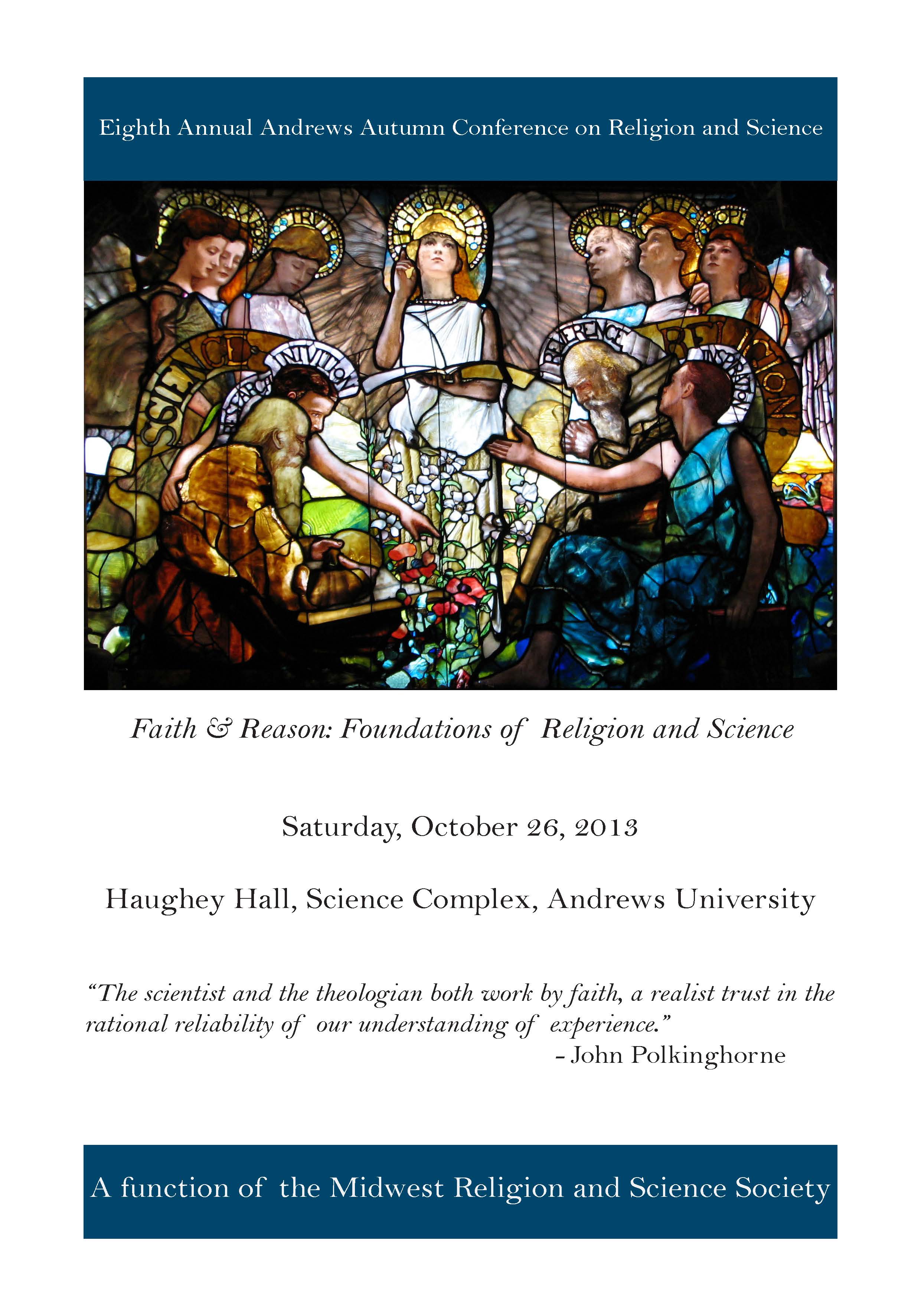The Quest for “La Sapienza”: Elaborations on Roy Bhaskar’s Critical Realism
Location
Haughey Hall, Science Complex
Start Date
26-10-2013 11:00 AM
Description
During the last several decades, critical realism has proven to be a fruitful site of convergence fort those interested in the dialogue of science and religion. As a methodological framework, it aims at presenting an alternative to both poststructuralist and foundationalist modes of reasoning by conjoining a realist conception of reality with that of epistemic fallibilism implied in constructivist accounts of knowledge. In this paper, I will focus on selected key postulates of Roy Bhaskar’s critical realist perspective by briefly delineating their significance for the stated dialogue, including questions of theological methodology and ethical responsibility. The discussion itself will be placed against the backdrop of pope Benedict XVI’s controversial nonappearance at the “La Sapienza” University of Rome in 2008 and the controversy that subsequently ensued.
The Quest for “La Sapienza”: Elaborations on Roy Bhaskar’s Critical Realism
Haughey Hall, Science Complex
During the last several decades, critical realism has proven to be a fruitful site of convergence fort those interested in the dialogue of science and religion. As a methodological framework, it aims at presenting an alternative to both poststructuralist and foundationalist modes of reasoning by conjoining a realist conception of reality with that of epistemic fallibilism implied in constructivist accounts of knowledge. In this paper, I will focus on selected key postulates of Roy Bhaskar’s critical realist perspective by briefly delineating their significance for the stated dialogue, including questions of theological methodology and ethical responsibility. The discussion itself will be placed against the backdrop of pope Benedict XVI’s controversial nonappearance at the “La Sapienza” University of Rome in 2008 and the controversy that subsequently ensued.




Comments
Ante Jeroncic holds an MA in Systematic Theology from Stellenbosch University and a PhD in Theology from the University of Chicago Divinity School. His academic interests deal with questions of religion and violence, the relationship of ethics and aesthetics, as well as various issues of theology and culture. More specifically, his current research centers on the moral philosophy of Iris Murdoch, particularly her delineation of the Good as a form of ethical transcendence. Before joining Andrews University, Dr. Jeroncic worked as a minister in the Chicagoland area.